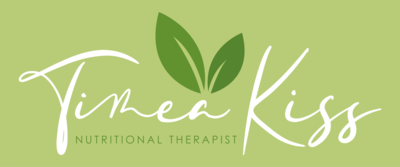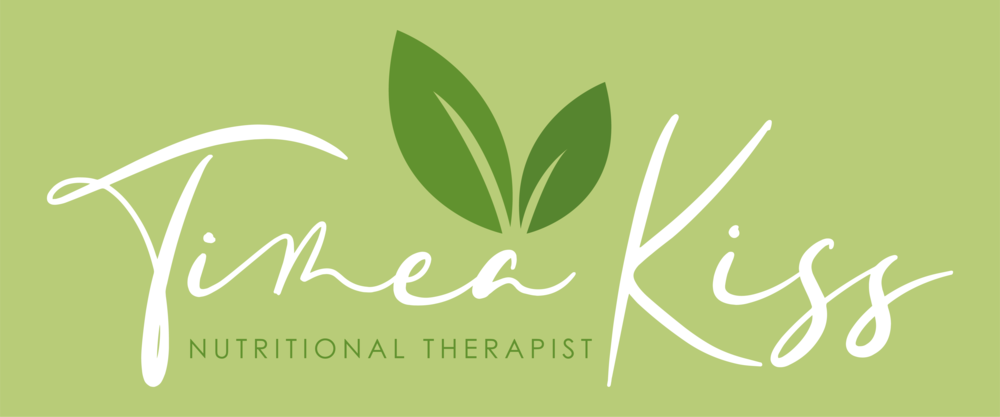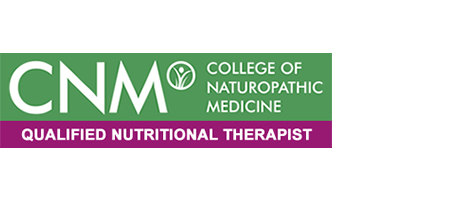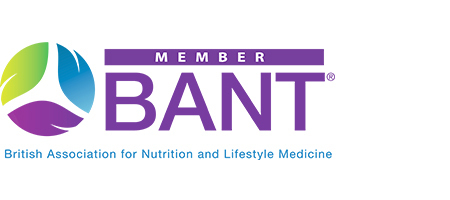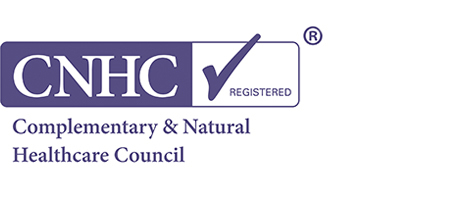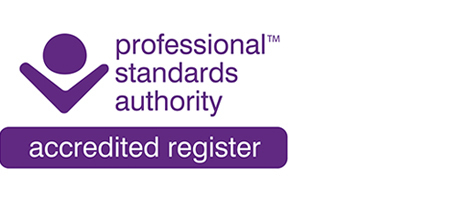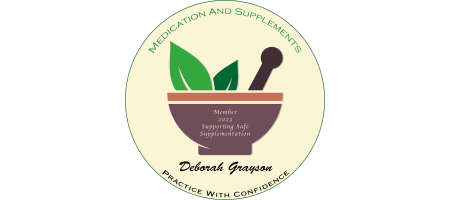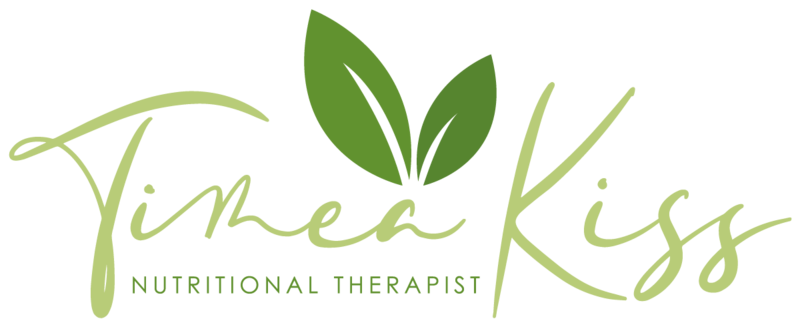Gut Check: 15 Things That Might Be Harming Your Microbiome
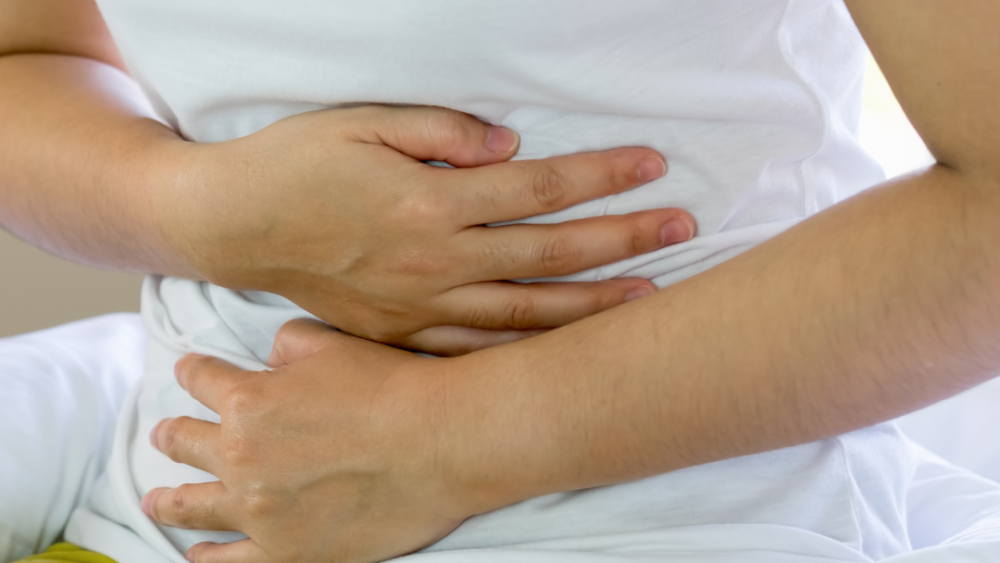
posted 11th February 2024
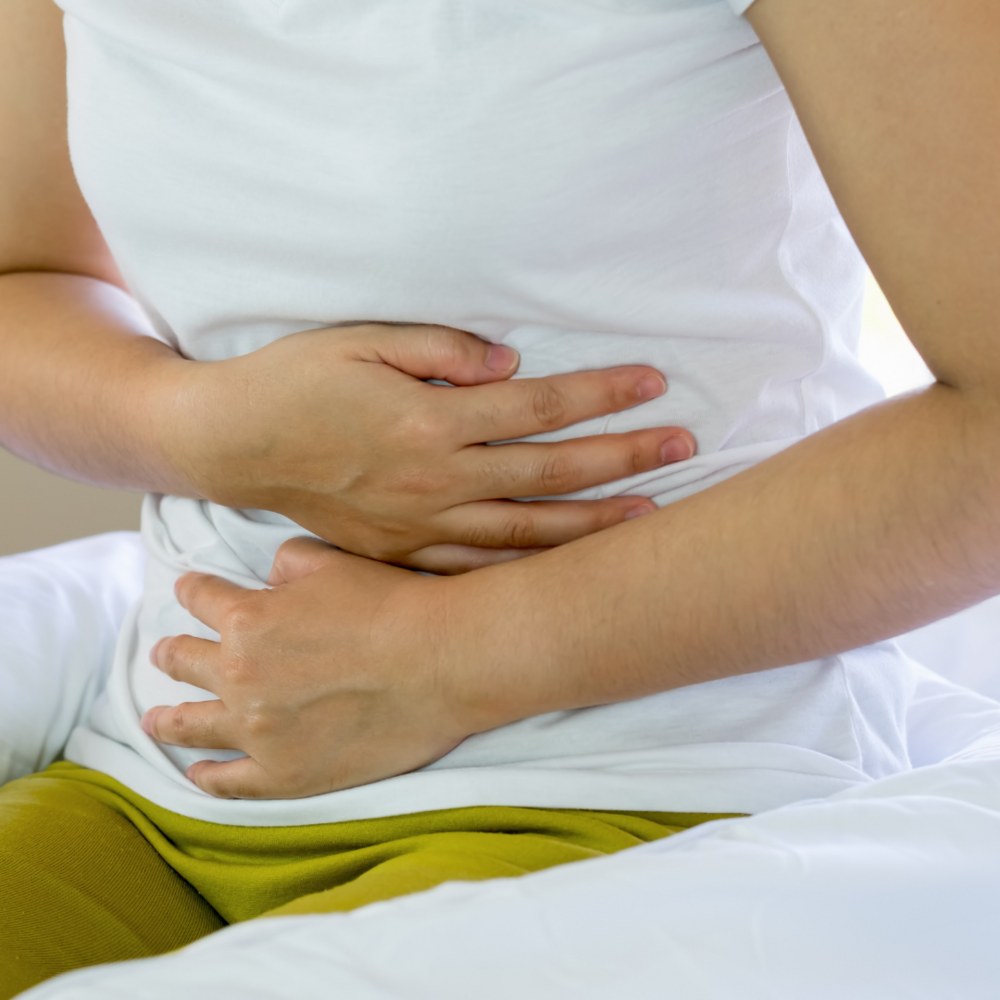
Your gut microbiome is like a bustling city within your body, filled with trillions of microbes working tirelessly to keep you healthy.
But just like any city, it can be affected by various factors, some of which might surprise you.
Let's take a closer look at 15 things that could be harming your gut microbiome.
Low Fibre Intake
Fibre is like fuel for your gut bacteria. A diet low in fibre can deprive them of what they need to thrive, leading to imbalances in the microbiome. Make sure to load up on fruits, vegetables, and whole grains to keep your gut bugs happy.
Antibiotics
While antibiotics can be lifesaving, they're like a wrecking ball when it comes to your gut microbiome. They can wipe out both harmful and beneficial bacteria, leaving your gut vulnerable to invaders. If you must take antibiotics, consider probiotics or prebiotics to help replenish your gut flora (always consult a registered nutritionist first!).
Medication
Certain medications, such as proton pump inhibitors and nonsteroidal anti-inflammatory drugs (NSAIDs), can disrupt the delicate balance of your gut microbiome. Always consult with your healthcare practitioner about the potential side effects of any medication you're taking and ask for advice regarding overcoming side effects or medication induced nutrient depletion (YES, all medication can deplete certain nutrients!).
Air Travel
Believe it or not, jet-setting around the globe can also take a toll on your gut. The stress of travel, changes in diet and sleep patterns, and exposure to cosmic radiation as well as new pathogens can all affect your microbiome.
Try to stay hydrated during the flight (I would also recommend electrolytes) as well as fasting during the flight (the food they usually serve are poor quality and full of nasty ingredients) and stick to your usual eating and sleeping routines as much as possible when you arrive at your destination.
Poor Sleep
Your gut and your sleep are more connected than you might think.
Studies have shown that disrupted sleep patterns can alter the composition of your gut microbiome, potentially leading to inflammation and other health issues. Aim for 7-9 hours of quality sleep (ideally between 10pm-7am) each night to keep your gut bugs happy .
Alcohol
While the occasional glass of wine may not hurt (although the most recent studies state otherwise), excessive alcohol consumption can wreak havoc on your gut microbiome.
Alcohol can disrupt the protective barrier of your gut lining and promote the growth of harmful bacteria.
Considerably reduce (or eliminate) your alcohol intake to protect your gut health.
Smoking
It's no secret that smoking is bad for your health, but did you know it can also harm your gut microbiome?
Research has shown that smokers tend to have less diverse gut bacteria than non-smokers, which can increase the risk of certain diseases.
Quitting smoking is one of the best things you can do for your gut and your overall health.
Mouth Breathing
Breathing through your mouth, especially during sleep, can disrupt the balance of bacteria in your mouth and throat, which in turn can affect your gut microbiome, as well as could lead to tooth decay.
Try to breathe through your nose whenever possible to promote a healthy microbial balance. Or work with a myo facial specialist to investigate the root cause of you mouth breathing habits (Dr. Seb is amazing)
Stress
Chronic stress can take a toll on your gut health, too. When you're stressed, your body releases hormones that can alter the composition of your gut microbiome and increase inflammation.
Finding healthy ways to manage stress, such as exercise, meditation, or spending time in nature, can help support a healthy gut.
GMO Foods
The debate over genetically modified organisms (GMOs) is ongoing, but some research suggests that GMO foods may have negative effects on the gut microbiome.
More studies are needed to fully understand the impact of GMOs on gut health, but opting for organic and non-GMO foods whenever possible might be a wise choice.
Overly Sanitizing
While good hygiene is important, being too clean can actually be harmful to your gut microbiome.
Overuse of antibacterial soaps and hand sanitizers can kill off beneficial bacteria along with the bad, potentially disrupting the balance of your microbiome.
Stick to plain soap and water whenever possible, and save the hand sanitizer for when you really need it.
Environmental Toxins
We're constantly exposed to a variety of environmental toxins, from air pollution to pesticides to heavy metals.
These toxins can find their way into our bodies and disrupt the delicate balance of our gut microbiome.
Eating organic, avoiding plastics (read more about plastics here) , and using natural cleaning products can help minimize your exposure to harmful toxins.
Toxic Mould
Mould isn't just unsightly – it can also be harmful to your health, including your gut health.
Exposure to toxic mould can disrupt the balance of your gut microbiome and contribute to inflammation and other severe health issues.
If you suspect mould in your home, it's important to address it promptly and thoroughly.
High Sugar Diet
A diet high in sugar and refined carbohydrates can feed harmful bacteria in your gut, leading to imbalances in the microbiome. Cutting back on sugary snacks and opting for whole, unprocessed foods instead can help support a healthy gut.
Ultra-Processed Foods
Ultra-processed foods are often loaded with unhealthy fats, sugars, and additives, which can wreak havoc on your gut microbiome.
These foods provide little to non nutrition for your gut bacteria and can promote inflammation and other health issues.
Stick to whole, minimally processed foods as much as possible to support a healthy microbiome.
Conclusion:
Your gut microbiome plays a crucial role in your overall health, so it's important to take care of it.
By avoiding these 15 gut-harming factors and adopting healthy habits like eating a balanced diet, getting enough sleep, and managing stress, you can support a thriving microbiome and enjoy better health as a result.
Transform your gut health, book a FREE 30 minute Health Review today!
References:
Low Fiber Intake: "Dietary Fiber and the Human Gut Microbiota: Application of Evidence Mapping Methodology" - PubMed Central, PMID: 33261900
Antibiotics: "The Gut Microbiome and Antibiotics" - PubMed Central, PMID: 32285521
Medication: "Impact of Medications on the Gut Microbiota" - PubMed Central, PMID: 29701458
Air Travel: "Effects of Travel-Associated Stressors on the Gut Microbiota" - PubMed Central, PMID: 30594329
Poor Sleep: "The Bidirectional Relationship between Sleep and Gut Microbiota" - PubMed Central, PMID: 31247941
Alcohol: "Alcohol and Gut Microbiota: The Effect of Ethanol on Gut Microbiota and Host Pathogen-Interaction" - PubMed Central, PMID: 29910337
Smoking: "The Impact of Smoking on Gut Microbiota" - PubMed Central, PMID: 27998720
Mouth Breathing: "The Influence of Breathing Mode on the Microbiota in the Oral and Nasal Cavities" - PubMed Central, PMID: 29067087
Stress: "Stress and the Gut Microbiota-Brain Axis" - PubMed Central, PMID: 30720758
GMO Foods: "The Impact of Genetically Modified Foods on Gut Microbiota" - PubMed Central, PMID: 30231570
Overly Sanitizing: "Antimicrobial Soaps and the Human Microbiome" - PubMed Central, PMID: 27471506
Environmental Toxins: "The Impact of Environmental Toxins on Gut Microbiota Composition" - PubMed Central, PMID: 28258533
Toxic Mould: "The Effects of Mould Exposure on Gut Microbiota and Health" - PubMed Central, PMID: 31022987
High Sugar Diet: "Dietary Sugars and the Gut Microbiome" - PubMed Central, PMID: 28925813
Ultra-Processed Foods: "The Impact of Ultra-Processed Foods on Gut Microbiota" - PubMed Central, PMID: 29135816
